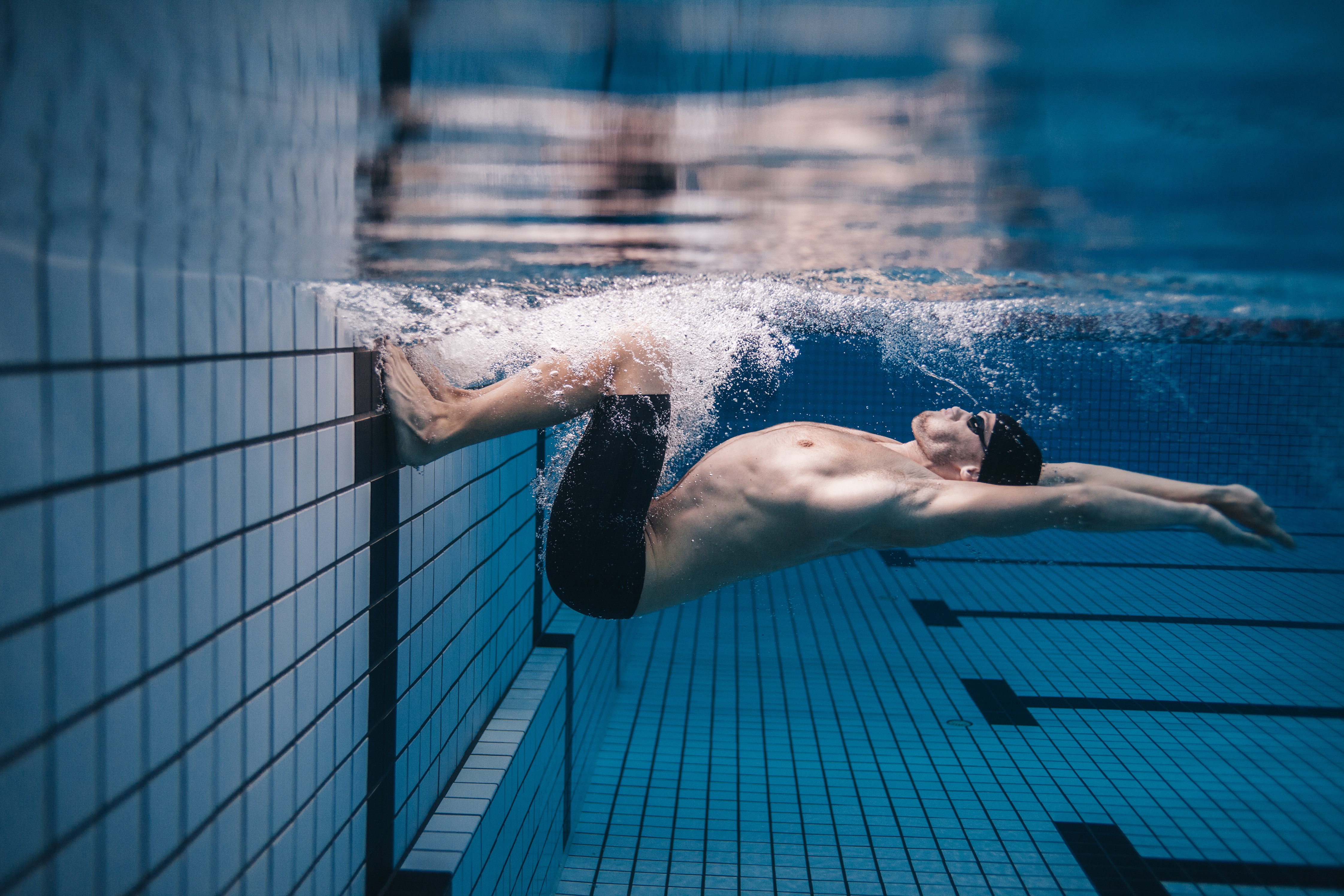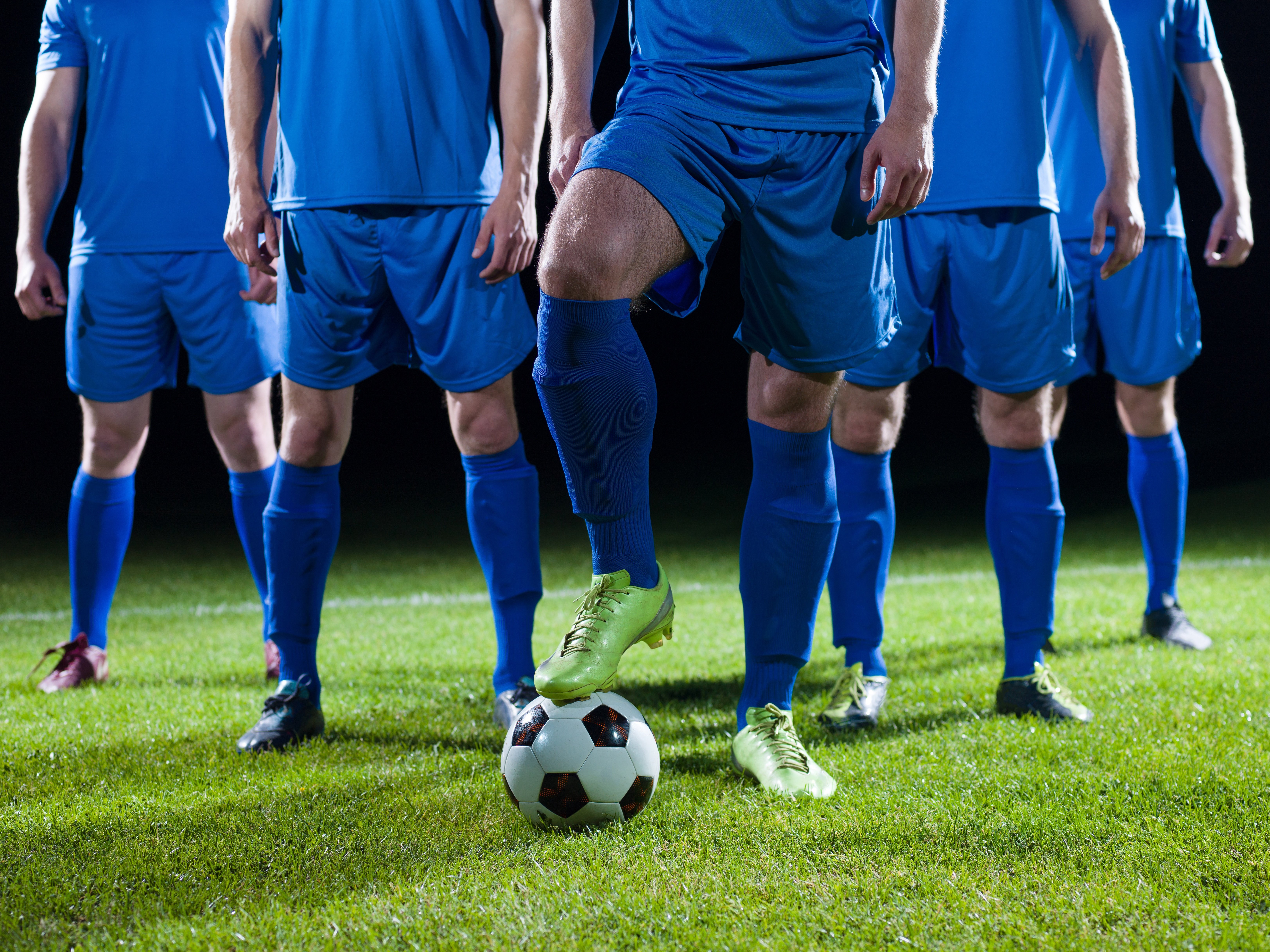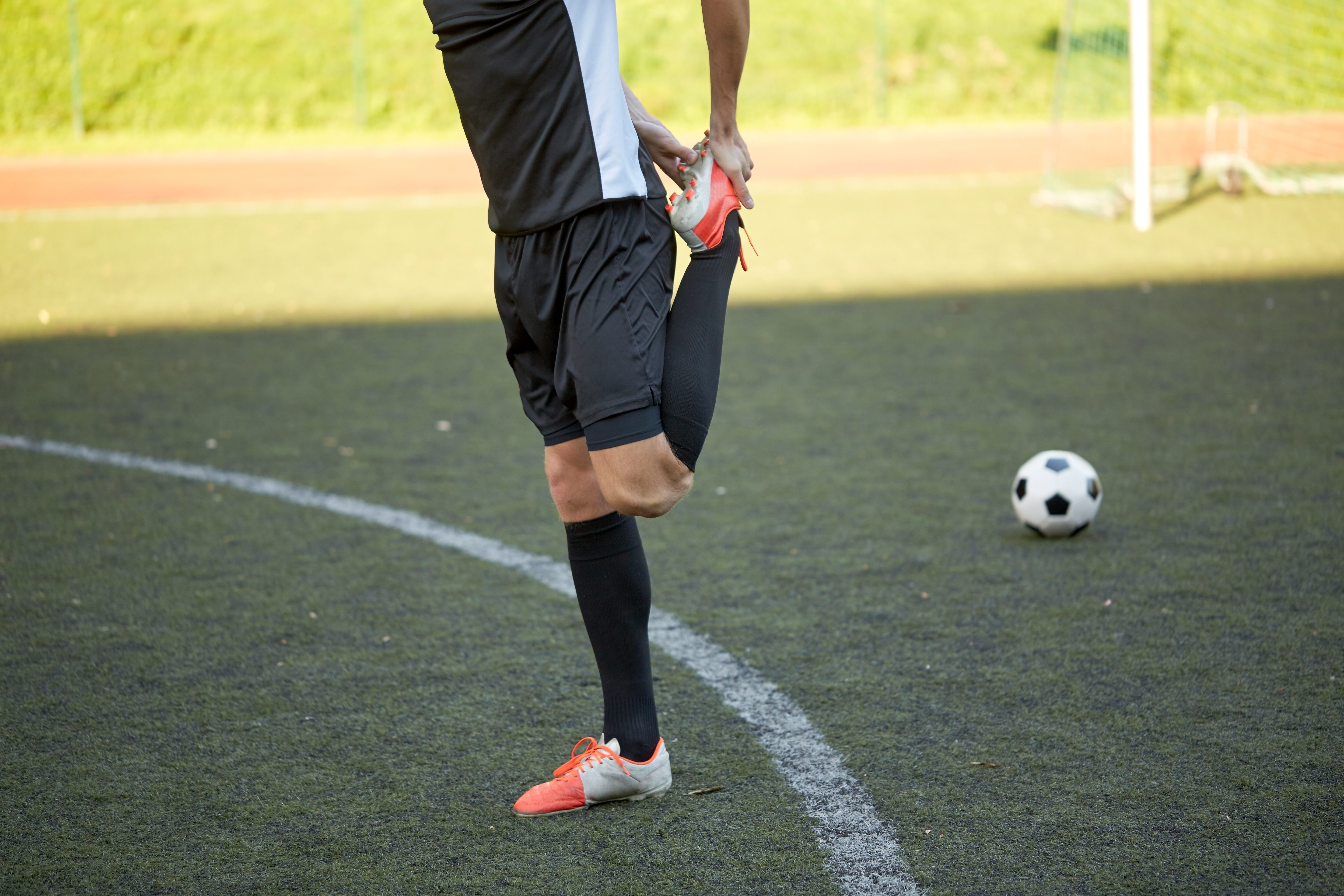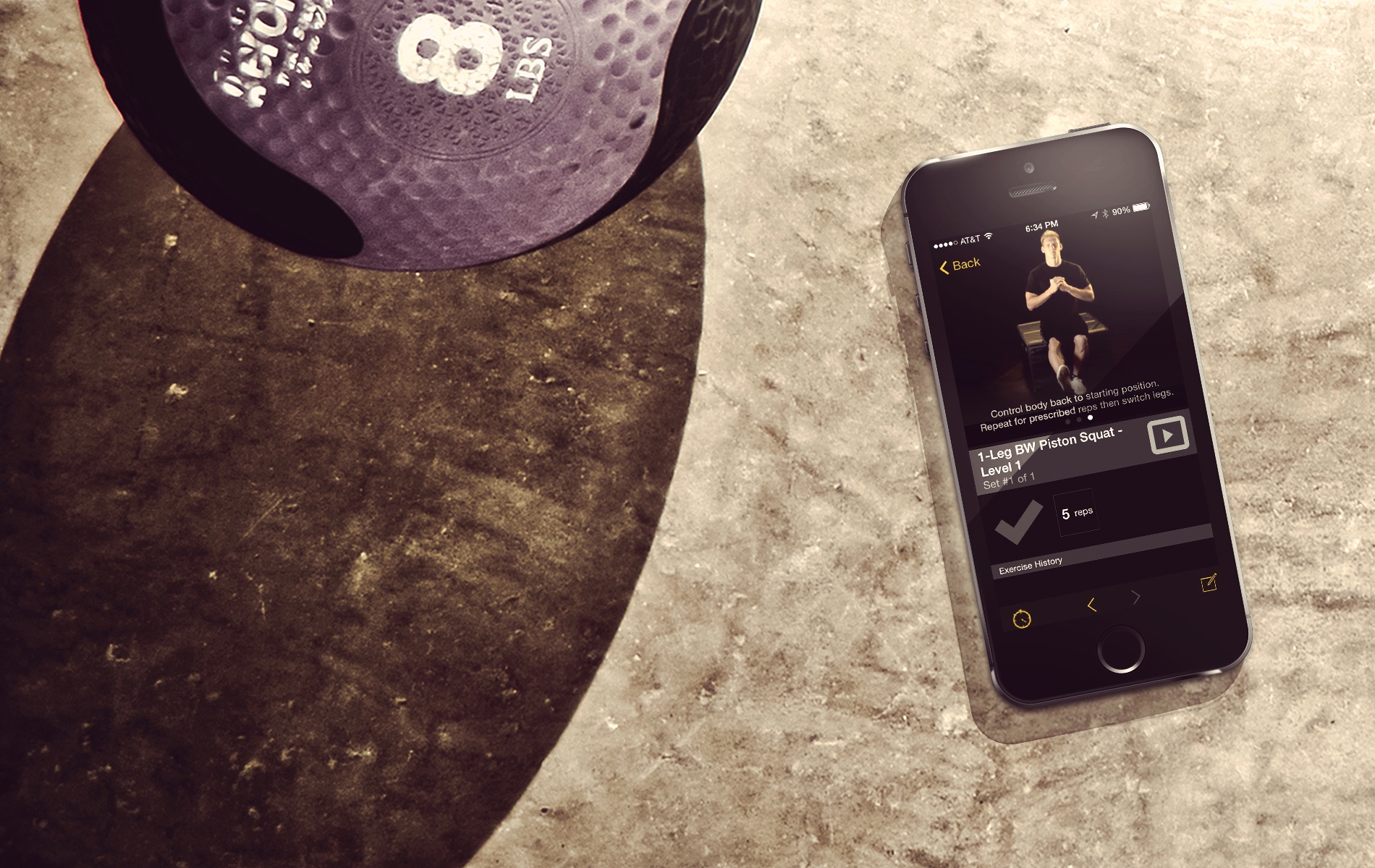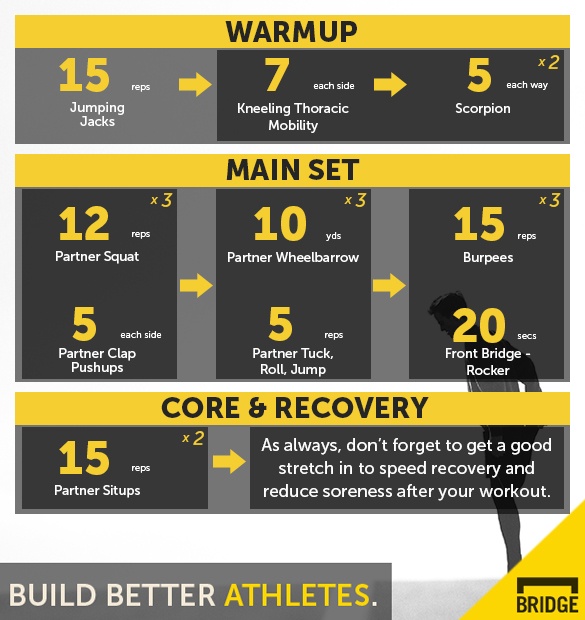The Importance of Dryland Training for a Better Underwater Dolphin Kick
By Sarah Connors on June 14, 2017
Underwater dolphin kicking has completely transformed the sport of swimming. Considered as swimming’s fifth stroke, the dolphin kick is the best way to improve overall race times and efficiency in the pool. The kick allows swimmers to move faster than any surface stroke since there is less resistance underwater. The purpose of underwater kicking is not to generate speed, but rather to delay the slowing down process from powerful starts and turns for as long as possible. In order to do this, swimmers need to form a tight streamline while incorporating a powerful kick to minimize the water resistive force. Developing a powerful underwater kick is not an easy task. However, effective dryland training and working hard in the pool are key to mastering the dolphin kick.
Read More6 Steps to Building a High Performance and Soccer Specific Training Program
By Sarah Connors on June 09, 2017
Success on the field comes from hard work in the gym. Soccer specific training programs designed for each player’s position, strengths and weaknesses, and the team’s competition calendar are paying off on the field. Coaches are seeing the main difference through an increase in game wins. They are also seeing a reduction in player injuries allowing their team to go hard all season long. Whether players are still developing or competing at the highest level, having explosive power and strength can be the difference between scoring goals and losing a game. Here’s a six-step guide on how to build a soccer specific training program:
Read MoreA proper dynamic warm-up is an important step to prepare an athlete’s body to perform at maximum intensity during a workout, training session, and competition. In the past, a traditional warm-up routine involved a light jog followed by extensive static stretching. Studies have shown that too much static stretching lengthens muscles and nerves, which in turn decreases athletic performance for up to two hours. Unlike this “sit and stretch” method, an active dynamic warm-up increases body and core temperature, increases blood flow to muscles, focuses the athlete’s mind on the task ahead, and enhances coordination and motor ability. Thus, an effective dynamic warm-up should incorporate sport-specific movements and cause athletes to break a sweat in order to optimize athletic performance.
Read MoreEndurance athletes face a unique dilemma during training and competitions. Their races are so long that their bodies can effectively burn through all their energy stores unless proper attention is given to fueling up before and even during competition. Not surprisingly, athletes can have trouble pairing a long, grueling race with eating and drinking. Let’s look at how you can replenish muscle glycogen stores and why pre-run fuel is essential to your performance.
Read MoreFor athletes, there are many difficulties that go along with exercising in hot temperatures. Whether you are a football player, track athletic or a year-round swimmer, it is extremely important to consider the environment in which you train.
Read More
This month’s edition of Sports Psychology is a further look into the Perform Phase of the Learn, Plan, Perform Model. This article focuses on imagery for peak performance, though this skill can be used at any time throughout the Learn, Plan, Perform model. Athletes can use this skill to learn how to perform in the present moment with the automatic knowledge stored from it.
Read MoreVolleyball Psychology: Being mentally ready happens even before you step on the court
With the season in full swing and Junior Nationals upon us it is vital to cover all your bases to give your team the best chance at winning. This is where competition ramps up and each point is vital. The mental aspects and demands upon a player and team quickly accumulate in high pressure moments.
Read MoreSwim Clubs Turn to In-House Dryland Specialists Empowered by Technology
By BridgeAthletic on March 28, 2017
For many swim clubs, having a dedicated, swim-specific strength trainer on hand is not within their budget constraints. However, with the power of technology, such as the BridgeAthletic platform, age group swim coaches are fit to perform the role of dryland coach in lieu of a formal strength trainer. Club head coaches often express that their athletes are so used to hearing their coaching instructions in the pool that it helps to have a “3rd party” strength coach with their athletes. That’s why so many clubs are giving the task of dedicated dryland specialist to one of their in-house assistant coaches, maintaining the important close athlete-coaching staff relationship while avoiding the need for expensive external strength trainers.
Read MoreNew and want to try out the BridgeAthletic app experience for yourself? The Workout of the Week will now be available as an in-app experience! For all our loyal followers, sign up here to join the team and receive the Workout of the Week on your mobile device. Just give us the basics and we'll set you up on our workout team.
Step 1: Fill out the form below.
Step 2: Download the BridgeTracker app on your mobile device.
Step 3: We will send you an invite to join the Weekly Workout team. Once you get this, finish your profile and you'll get our Workout of the Week each Friday!
Read More

